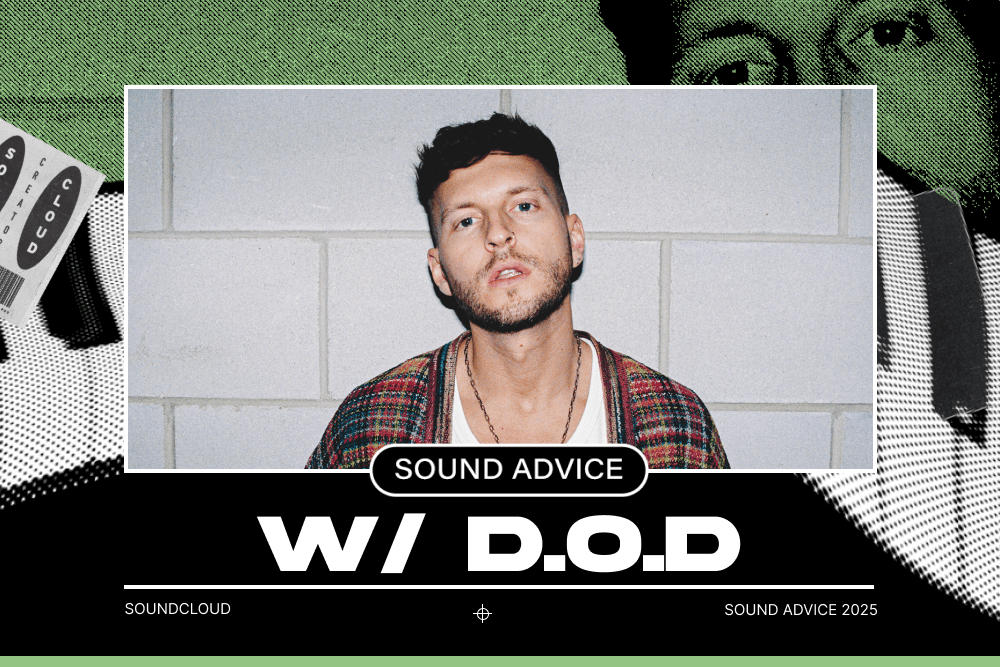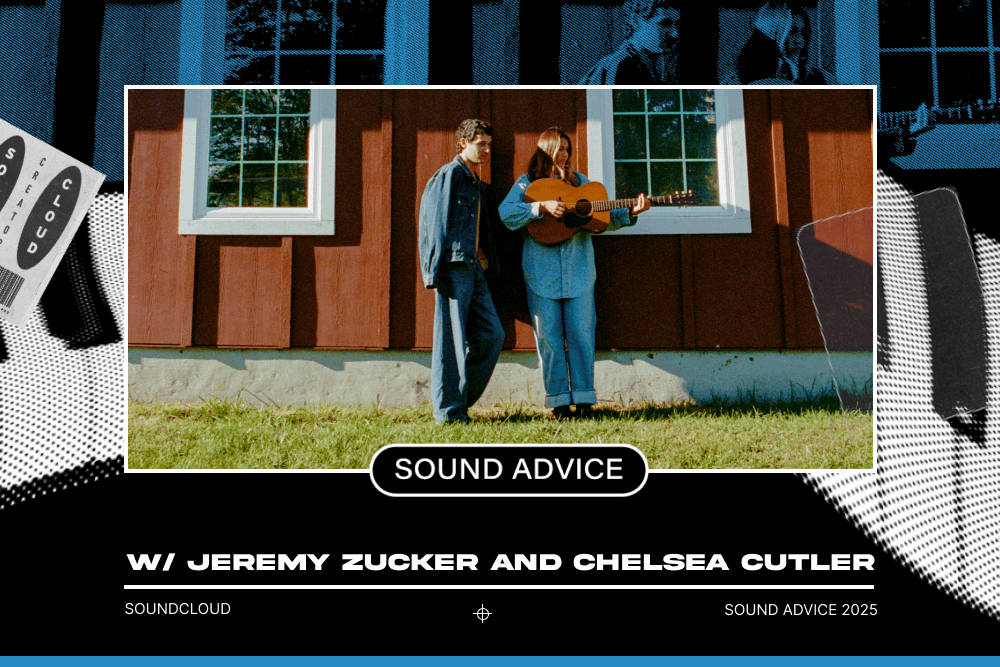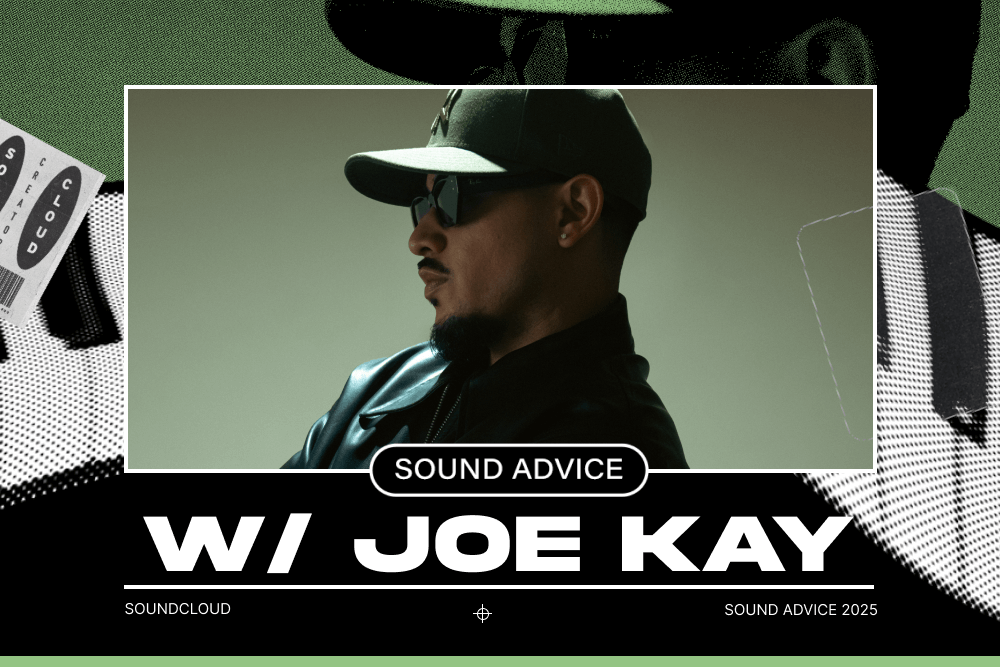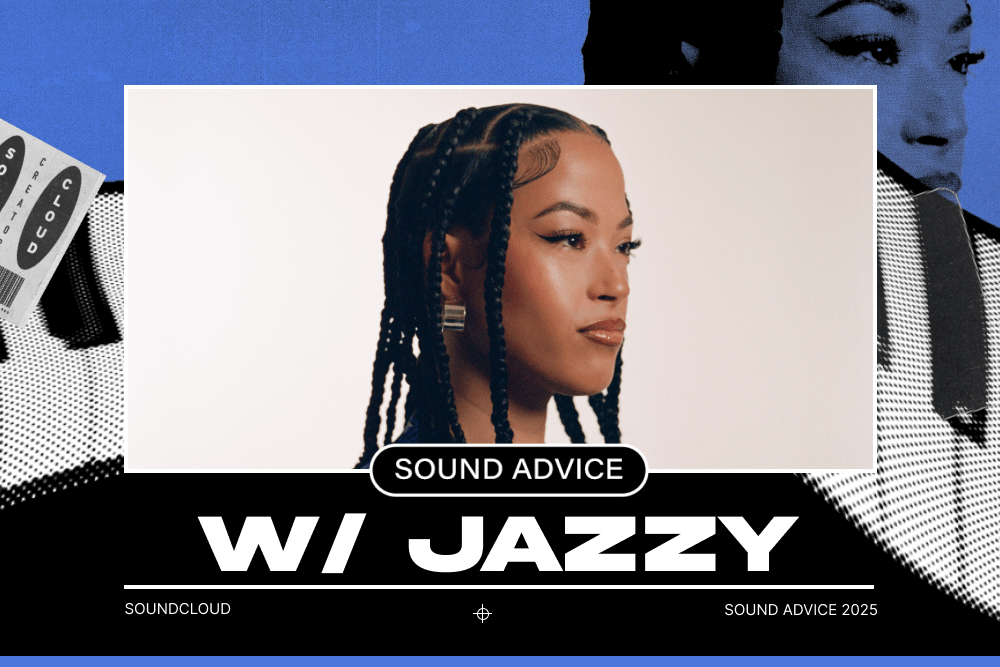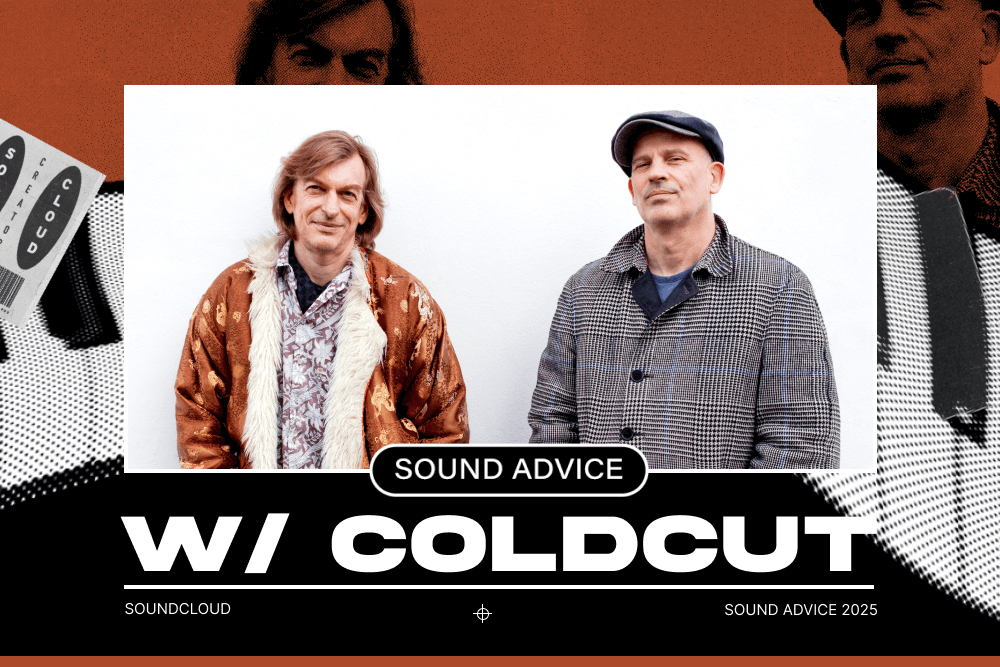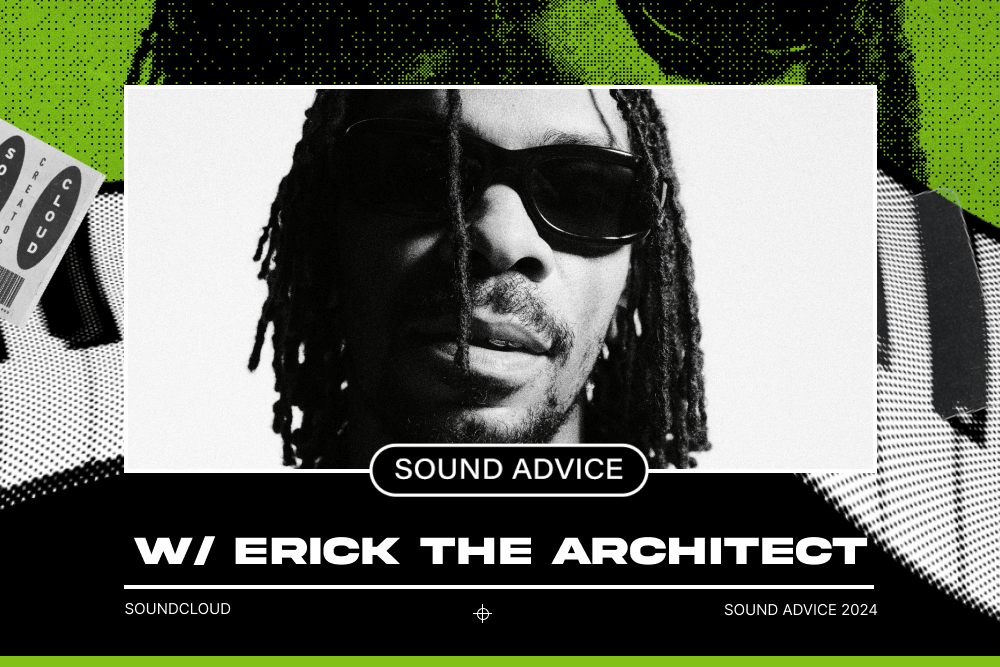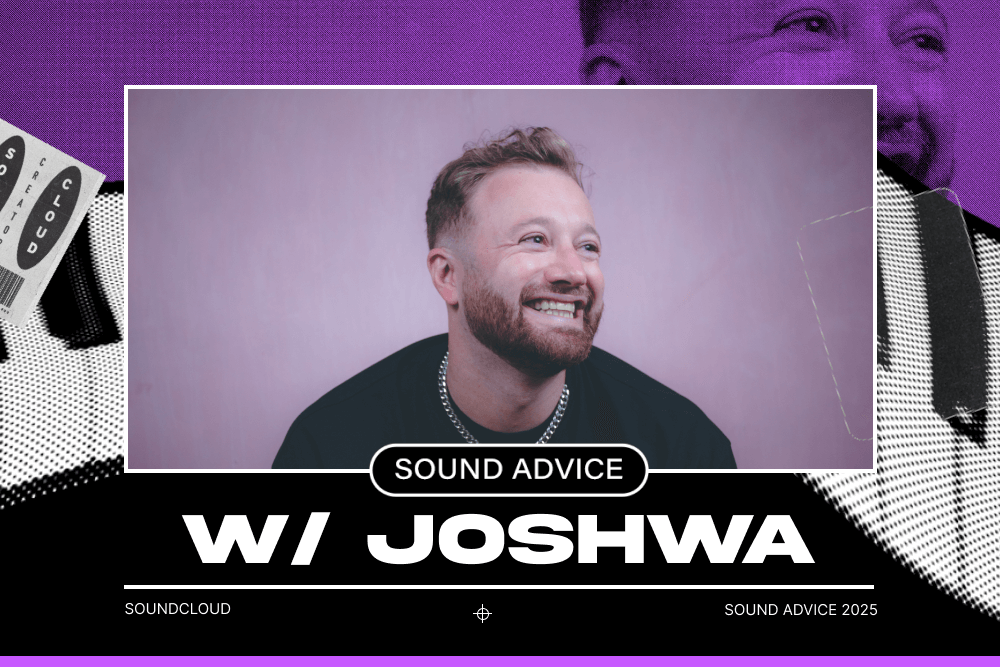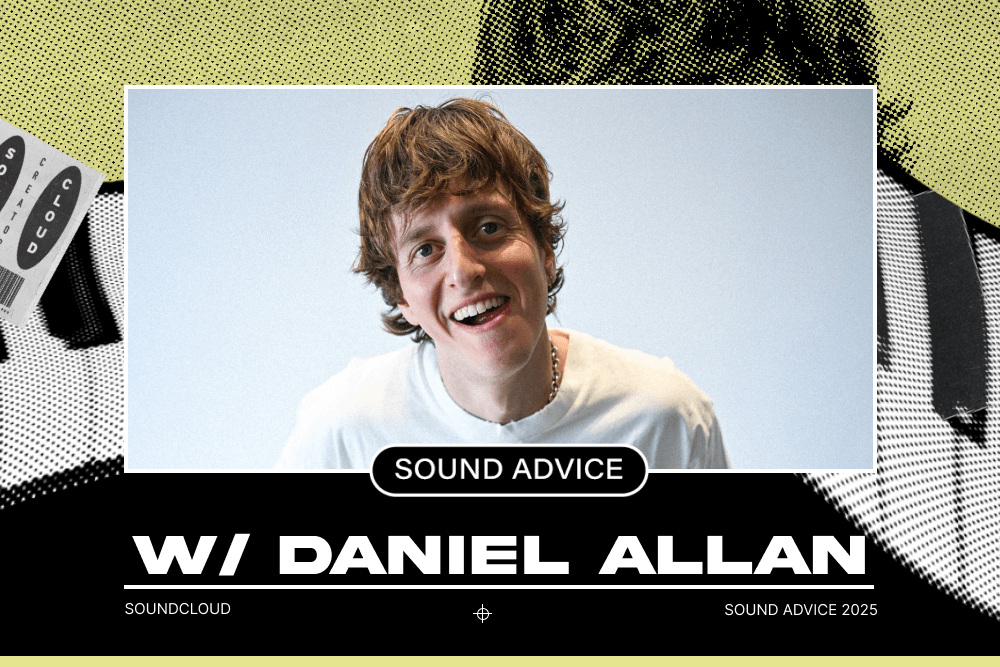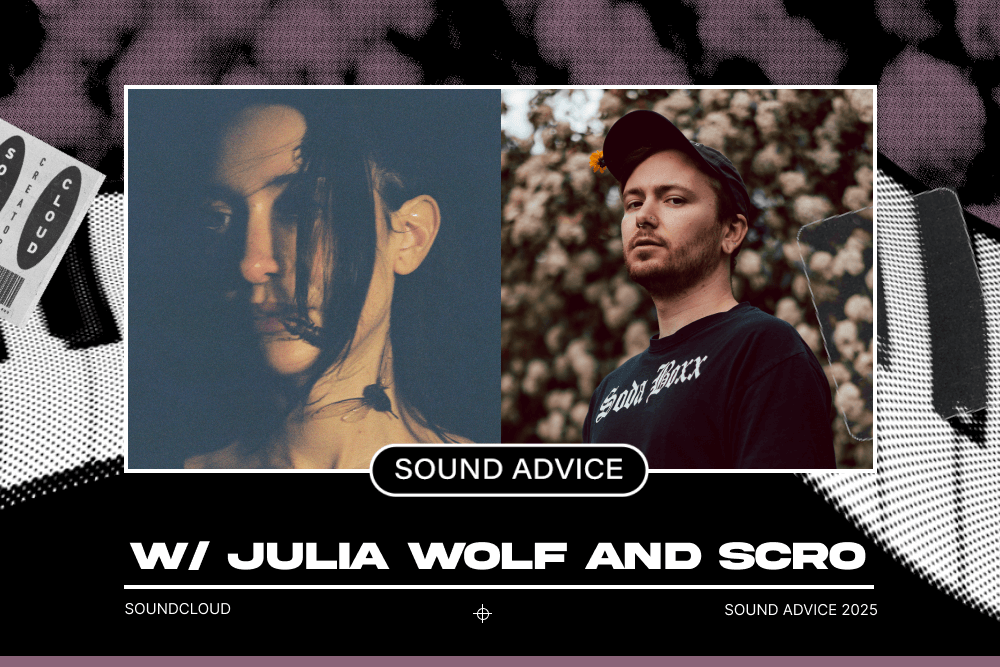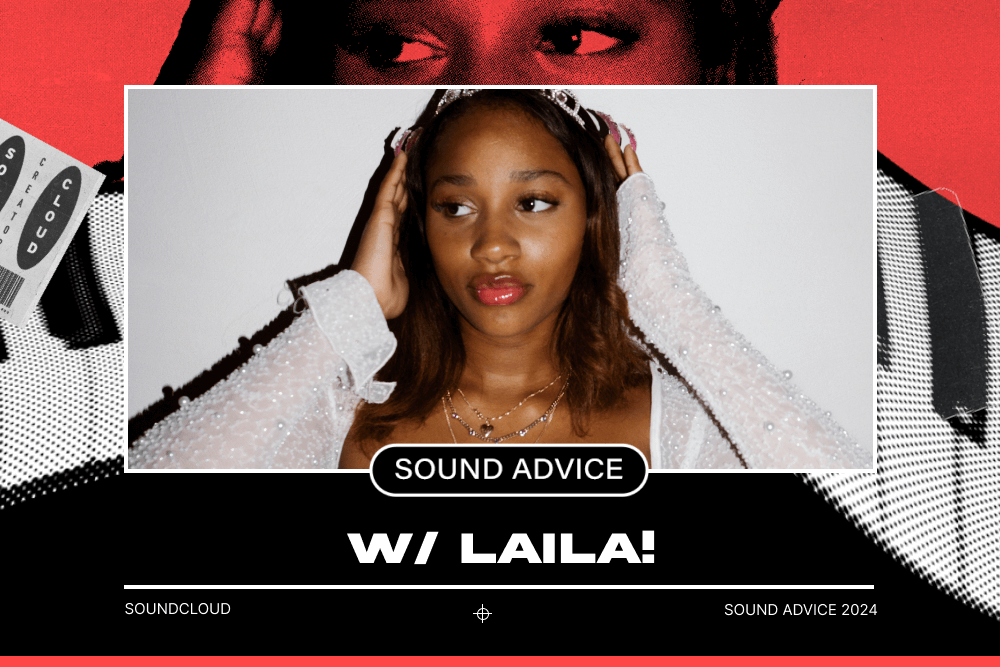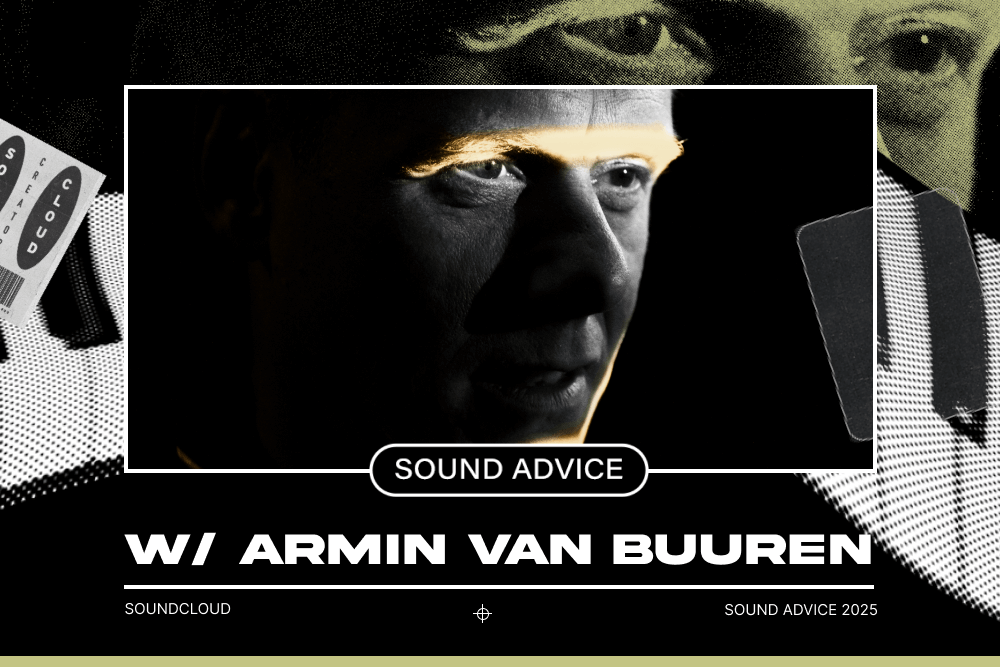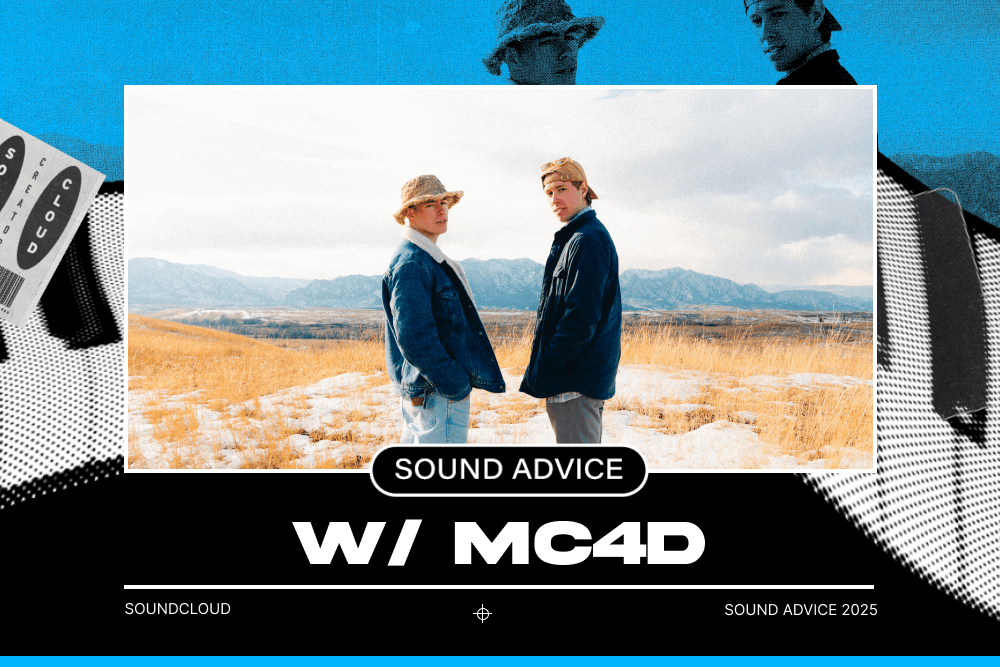America’s piano house queen on fearless creativity, building a diverse fanbase and using SoundCloud to discover and distribute new music.
Welcome to Sound Advice, the weekly interview series spotlighting artists’ creative process and their SoundCloud journey. We’ll get the inside knowledge straight from the source on how musicians, producers and creatives are leaning into the many facets of Next Pro to reach their audience and grow their careers.
LP Giobbi burst onto the dance music scene around 2018 and she’s been on a rapid ascent ever since. Her growing accolades include headlining Coachella and Lollapalooza, remixing the likes of Taylor Swift, Diplo, and Dom Dolla and releasing plenty of original music, including her debut album, ‘Light Places,’ which came out in May 2023 on Ninja Tune’s Counter Records. Rather than churning out cookie-cutter EDM bangers, Giobbi has created her own niche as a “one-woman jam band,” fusing her sunny house-driven DJ sets with on-the-spot piano riffing and modular electronics. Raised in Eugene, Oregon to hippie parents and playing piano since second grade, Giobbi holds a degree in jazz piano performance from UK Berkeley, which has led her to fearlessly bring her authentic influences into the dance scene. Recently, she debuted her Grateful Dead-themed live show Dead House, and can be found playing The Dead & Co.’s official afterparties as part of her robust touring schedule. In 2023, she started touring smaller US markets in an Airstream trailer with DJ Tennis, while making statement albums that aren’t afraid to veer off the dancefloor.
LP Giobbi takes the kind of risks you might not expect to work in EDM, but her electric presence, ability to connect with the audience and strong songwriting talents have created a legion of fans rallying behind her. Of course, having big goals, a tireless work ethic and good marketing ideas hasn’t hurt either. Running parallel to her DJing and production, Giobbi also is the Global Music Director for W Hotels as well as the founder of Femme House, a nonprofit that provides women and gender-expansive individuals access to production workshops and mentorship, as well as encompassing a Sirius XM radio show and a Femme House compilation series through Insomniac. Giobbi also runs her own record label Yes Yes Yes through global house giant Defected Records. How she finds time to do it all in between is anyone’s guess, but we got a dose of Giobbi’s inspiring energy when we caught up with her at home in Austin, Texas, where she was putting the finishing touches on her sophomore album ‘Dotr,’ and prepping for a headlining tour this fall. LP Giobbi chopped it up with us about her new album and her journey of self-discovery in music, building community and utilizing SoundCloud to discover new sounds.
Noting your debut album, ‘Light Places,’ was released just last year, in May of 2023, how did you approach creating your new album? Conceptually, does ‘Dotr’ feel like a continuation?
I started Yes Yes Yes — which is my record label and imprint on Defected — as my outlet for releasing dance tunes that are really more focused on the dance floor, and that don’t need a top line and can be as weird and as outside of the box as possible. My albums have tended to be more in the song structure form and traditional song form, and on this album, there are tracks that are not dance records at all. It’s been fun to understand how I create and what I’m making music for when I am creating. In some ways, ‘Dotr’ is a continuation of ‘Light Places,’ but it leans more heavily into songwriting. Overall, just expanding upon my productions and moving outside of the dance world a little more. I told the story of the album title through interludes, which is how I thought about the difference of just putting out singles versus an album.
Last year was an emotionally difficult year. I lost my mother-in-law, who essentially had been in my life for 11 years, and I lost my piano teacher, Carolyn Horn. My mom also lost her best friend, which was the only person I had known growing up that was a professional musician, Suse Millemann. I took the interludes and paid homage to them, using their voices. I recorded my piano teacher’s lessons and I saved my mother-in-law’s last voicemail to me. It was my way to think about my place in the world as a daughter and what it is to be a daughter and love a daughter and have a daughter. The last lines of the outro are a nod to the Grateful Dead. Every time I am trying to process my life, I listen to “Brokedown Palace,” and there’s a line that says, “Mama, mama, many worlds I’ve come since I first left home.” Trying to process that and where I fit in, and how home fits in, is something I think about all the time. When I was young, I would write love letters to my parents, and I would sign them D-O-T-R, as the world’s worst speller. They thought it was really cute, and they still use that spelling today. So the album gets a little bit more personal than ‘Light Places’ in that way, and is my way of processing who I am in this world a bit.
Can you tell us more about how “Bittersweet,” your collaboration with Portugal. The Man came together?
Portugal. The Man has been one of my favorite bands; I’ve had so many late night air guitar sessions to their music in my kitchen. Their 2012 album, ‘In the Mountain In the Cloud,’ is saved on my phone, because I listen to it every time I’m on an airplane and it’s taking off. Their manager reached out to see if I’d be interested in remixing one of their tracks. A few years ago, right around the release of my remix of “What, Me Worry?,” we were both playing in Chicago, so I came to their show and then they came to my set afterwards. You don’t always want to meet your heroes, but with these guys, you definitely do. They are so kind and they just level the playing field; there’s no power dynamic and they immediately made me feel comfortable. We started talking about music and Portland, where they live now, and with my being from Oregon, it felt like I was talking to my best friends from elementary school. Ever since that experience, we’ve been sending music back and forth. With “Bittersweet,” you’ll hear a rock version on the full album when it comes out, because I originally produced a rock version of that song, and then made a dance version, which is the one that is out in the world now. I think that it as a song is incredible, and any way you slice it, you can’t go wrong because their melodies are just so special.
How were you using SoundCloud when you first got on the platform, and how are you using it now?
I was using it as a music discovery tool. That’s where I started really listening, through people sending links to new producers. I remember when a dear friend of mine, who’s an agent, sent me a SoundCloud link to this unknown kid and it was like, I just discovered this kid on SoundCloud and I’m thinking about signing him. It ended up being Flume, and he’s still his agent to this day. That was a decade ago. SoundCloud was where I would hear new producers’ tracks, and still to this day, now that I am an artist, it’s one of my favorite distribution platforms for my music.
Learn more about unlimited distribution with Next Pro.
Did you come into the electronic music space already with an idea that you wanted to do something different? Or was it a process of realizing you can do many different things and make it make sense?
I definitely came to the dance space in the former, but almost in a liberating way, like, this is your genre, this what you do. At the time, I didn’t know much about European dance culture and I hadn’t been introduced to who are now some of my favorite artists. I really just knew about the US dance market. It seemed easier at the time to put myself in a box to understand what I needed to do and how to do it and how to learn how to make a banger, which can be a challenge in and of itself. But, as I started touring and going to Europe, and listening to music outside the box, it almost became a bit overwhelming. What I ended up learning, through creating and touring and living life, is that whatever authentically connects to you will connect to the fan base that you need to find.
While the Dead thing doesn’t make sense in most of the things I do, it fits into who I am as a daughter and as a human. I did that because I missed my parents, and so I started taking some of their stems and making house beats during the pandemic. I started meeting the children of Deadheads who are ravers now, and I connected with a lot of people on a real level. Those people show up and they buy tickets, and after shows, I get to have the coolest conversations with them. Although maybe it doesn’t technically make sense to fit in, if you do things that really do turn you on as a human, you’ll find the other people who it will turn on as well. That’s a real fan base. That’s not you playing in a club; it’s like you’re really building community there. I ask myself, ‘Does this feel exciting?’ If it excites me, there will probably be other people out there in the world that it excites, and they’ll see my excitement, and we’ll connect over that.
With playing across different genres and styles of music – and in all sorts of venues and spaces – can you talk about some things that you’ve done to build community?
[With live music], the bigger the shows get, the less you even get to connect with people. You play your venue, then you get offstage and go back to your green room, and then you get on the airplane. You see the community happening out there, but you get more and more removed from it. I think things like pop ups or non-traditional tours are really important to remind ourselves why we’re doing this. Trying to have these connections is really the reason that we decide to make art for living, in my personal opinion. I also think if you do things, and put good art out into the world, your career is actually the secondary thing you get from it. The intrinsic value of building community is your reward and if a career comes great, but that is sort of secondary. You have to sustain yourself, of course, but I think it’ll be a more rewarding life if you focus on what you’re doing, and not on how big you’re gonna get.
Learn more about using the Fans tool on SoundCloud with a Next pro subscription.
What sorts of things do you use the most often in terms of the SoundCloud tools?
A lot of artists that I work with, and am receiving demos from for Yes Yes Yes, are oftentimes on private SoundCloud links. I would say I use the playlists on my profile publicly the most. It’s our number one tool for putting out our Femme House radio show so that everybody can listen to it after it’s on SiriusXM. You can go listen to the Femme House playlist and listen to all of the radio shows right away. Or you can find a playlist of the album, which helps organize what I’m doing out in the world. I think both the private and public-facing organization system on SoundCloud is awesome.
Learn more about sharing private tracks and playlists on SoundCloud.
What is the mission of your nonprofit, Femme House? What did you see coming into the scene that made you feel like Femme House was something that was necessary for you to do?
The original mission is representation. When I first started in the industry, I was in this all-female sci-fi electronic band. We were in the studio all the time with producers who were working with Daft Punk. I had some of the best experiences of my life working with these wonderful producers, who were all men. I was in the studio and I was reading an article about Grimes and how she produced her own records. It was this wild moment for me because I was raised by hippie parents who were like, you can do anything and be anything you want, which is already a privilege beyond most who are in music. But it still didn’t occur to me that I could be in the role of a producer, because I never saw myself represented in that role. I never once met a female producer; I never worked with a female producer. I didn’t subconsciously think that I could be that. So that was a lightbulb moment for me and I became obsessed with putting together a community of other creators that looked like me and maybe felt like me. My first Ableton course was me and 250 guys, and for me, that was like, “bring it on,” but I know not everybody’s like, ‘That’s a safe space for me to learn in.’ Because I did have the privilege of taking a course and learning this stuff, I wanted to pay that forward.
Between your work with your nonprofit, your record label, your touring schedule and putting out a record, how do you manage wearing so many different hats?
I’m trying to practice more balance. When you decide to become a professional musician, you are the CEO of your company. That’s something that’s good to remember, and to empower yourself to understand what’s going on. And then let go. You need to build a good team around you so you can focus on your art, but at least learning about the business is important. I’ve also built an ecosystem that feeds itself. I’m W Hotels’ Global Music Director, and that allows me to sit on the other side of the table as an artist. I wanted to meet other agents and managers and put money in artists’ pockets, who I believe in, and get to learn what brand deals look like. Femme House is the reason I continue back to the ecosystem; Femme House is my why. In order to have inspiration to keep going, you need to know what your why is. For me, I became a producer to be this representation for somebody else, for another woman or gender expansive human out in a world that maybe doesn’t see themselves represented. Working on Femme House always reminds me why I’m here and it gives me the fuel I need to keep going. The label continues to build that ecosystem of community, because I get to support the artists that I believe in.
To discover additional features a SoundCloud Next Pro subscription offers, visit here.
Click here to follow LP Giobbi and her journey on SoundCloud.








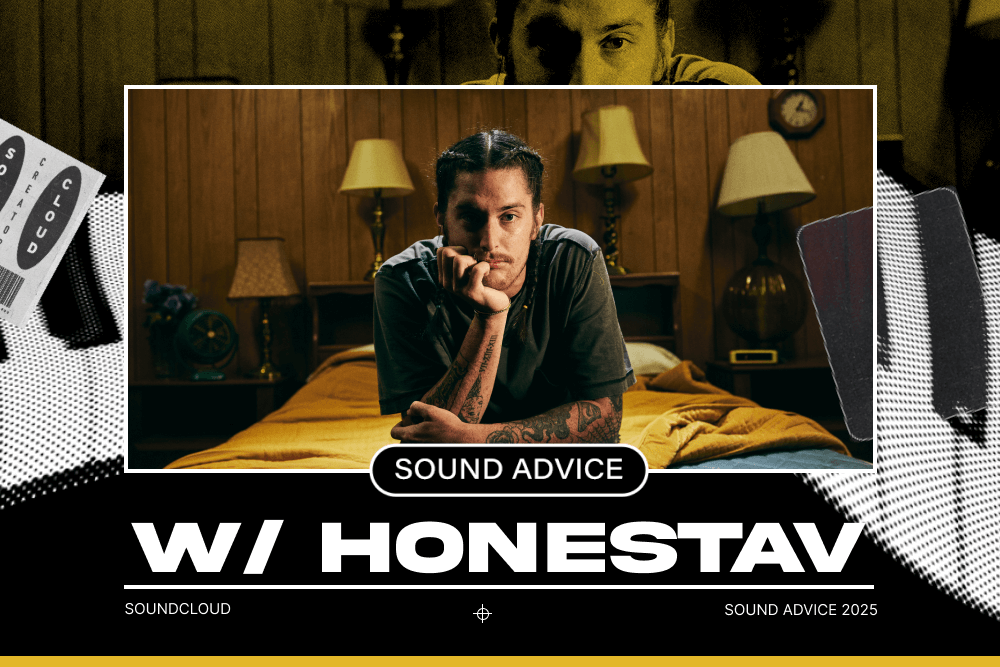
.png)
.png)


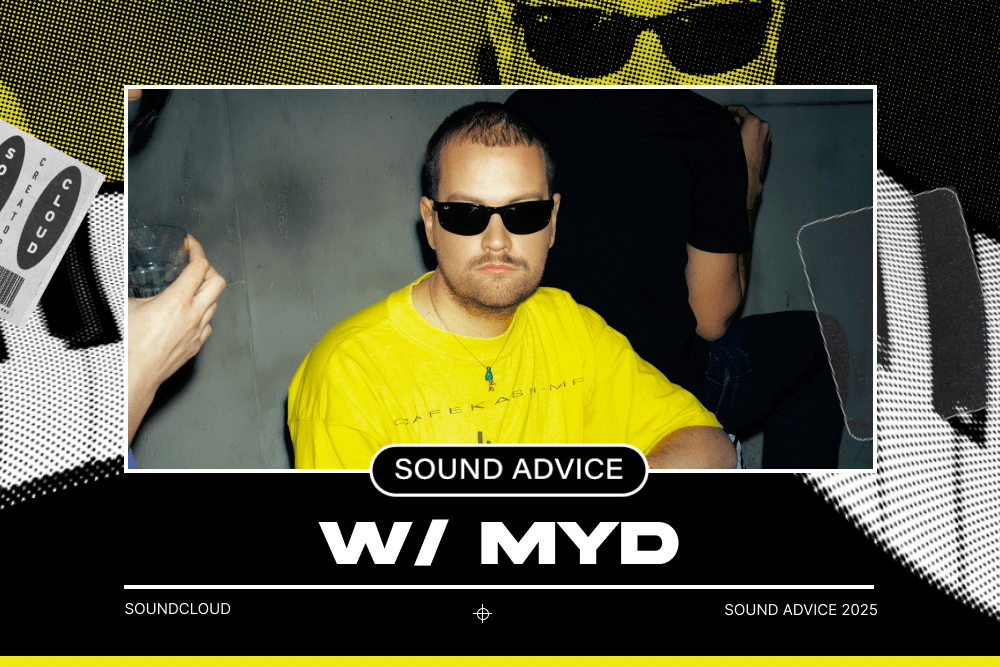
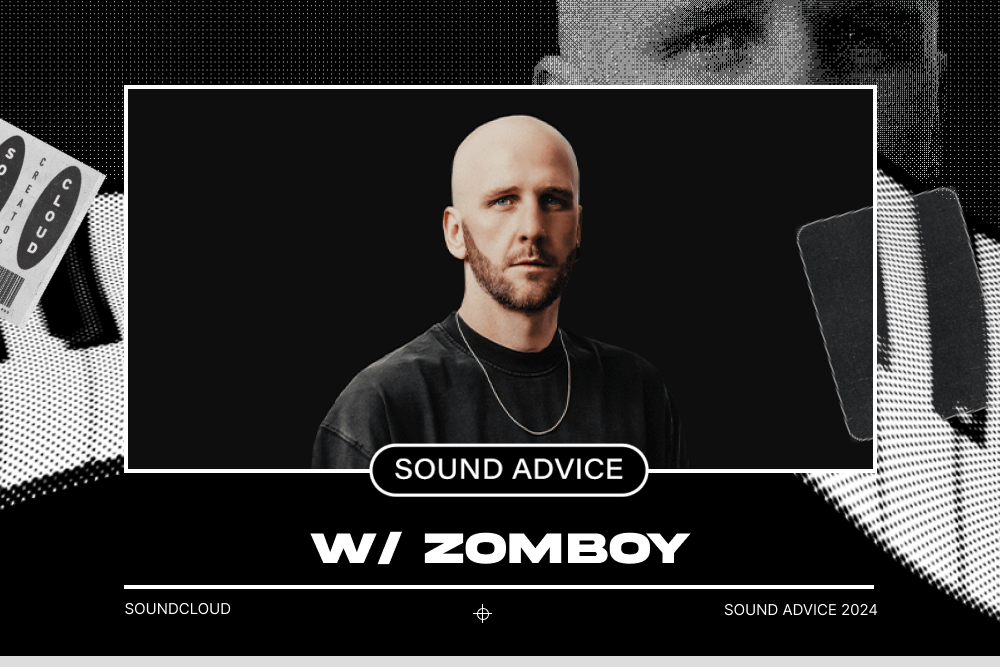

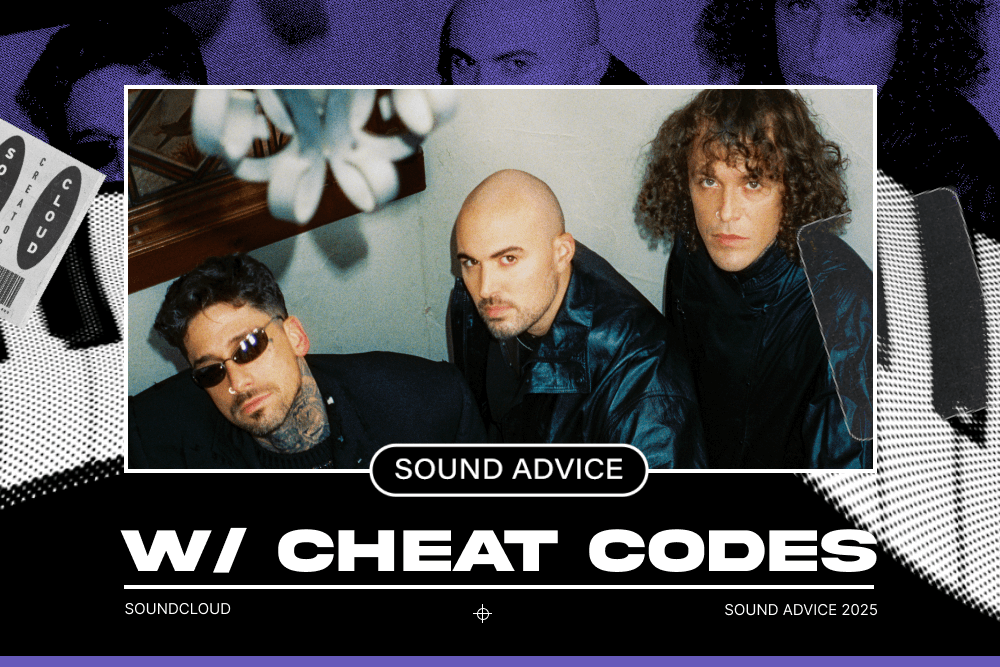


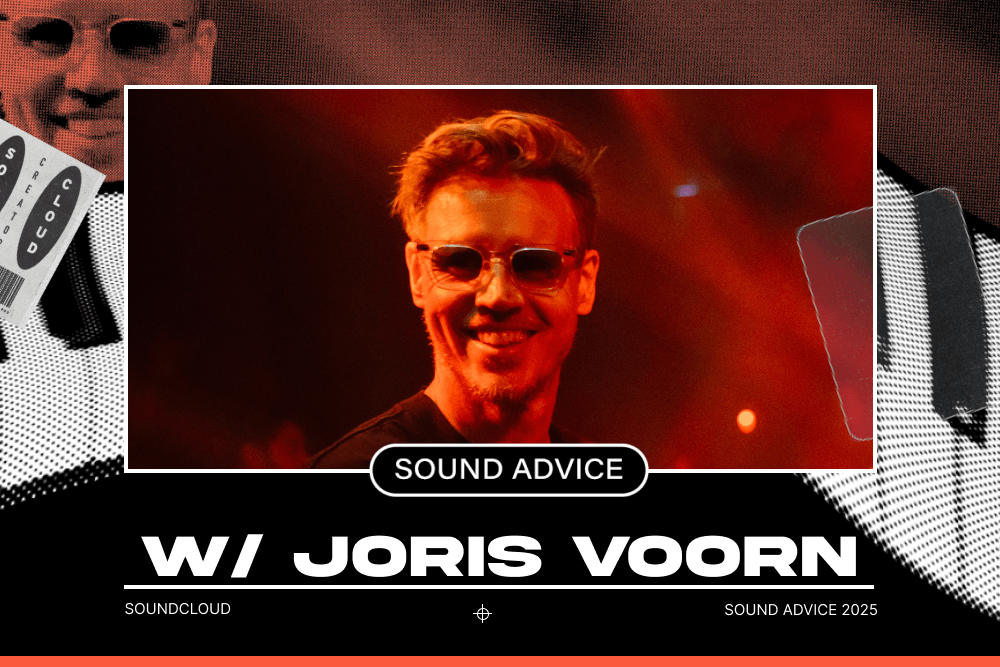


.png)
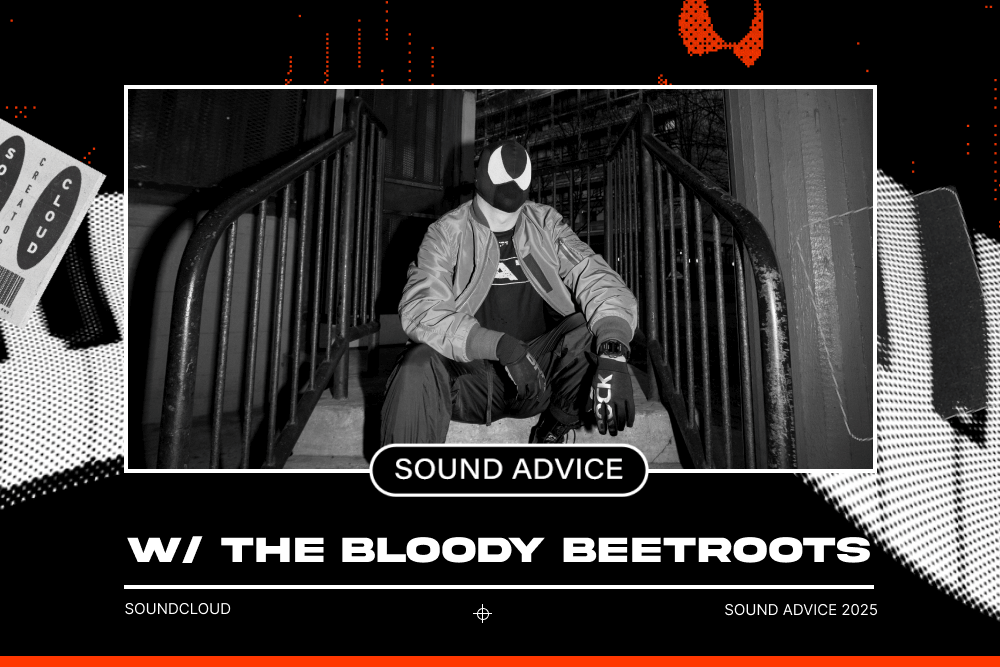


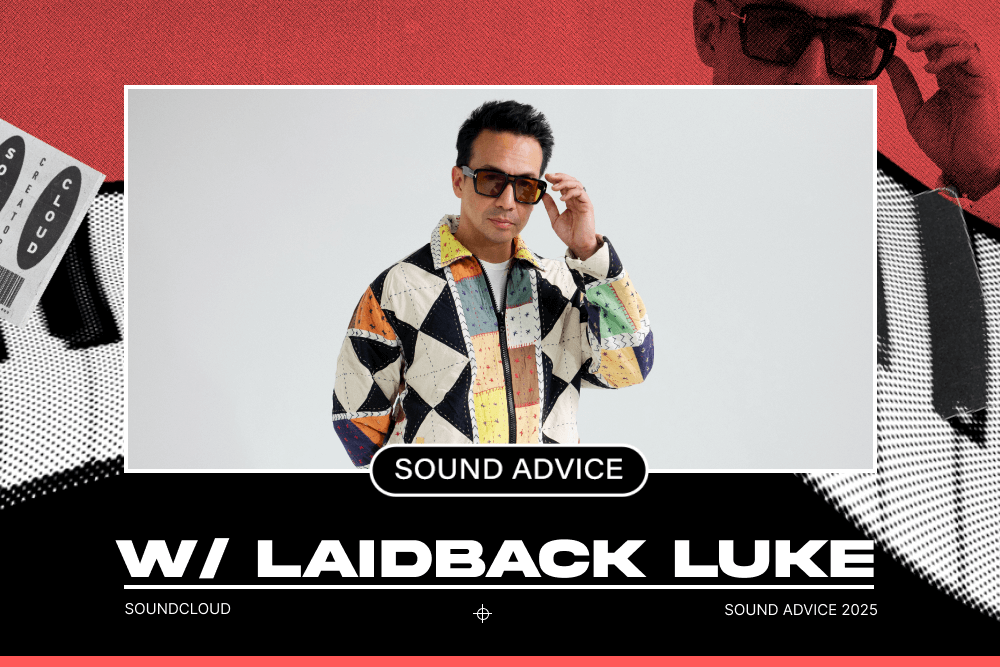
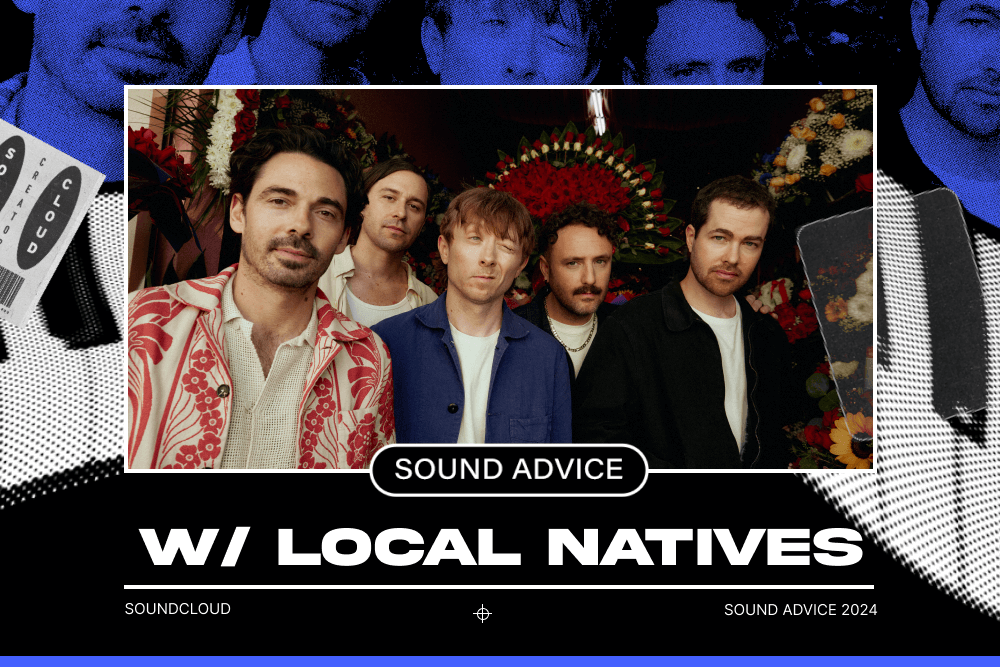
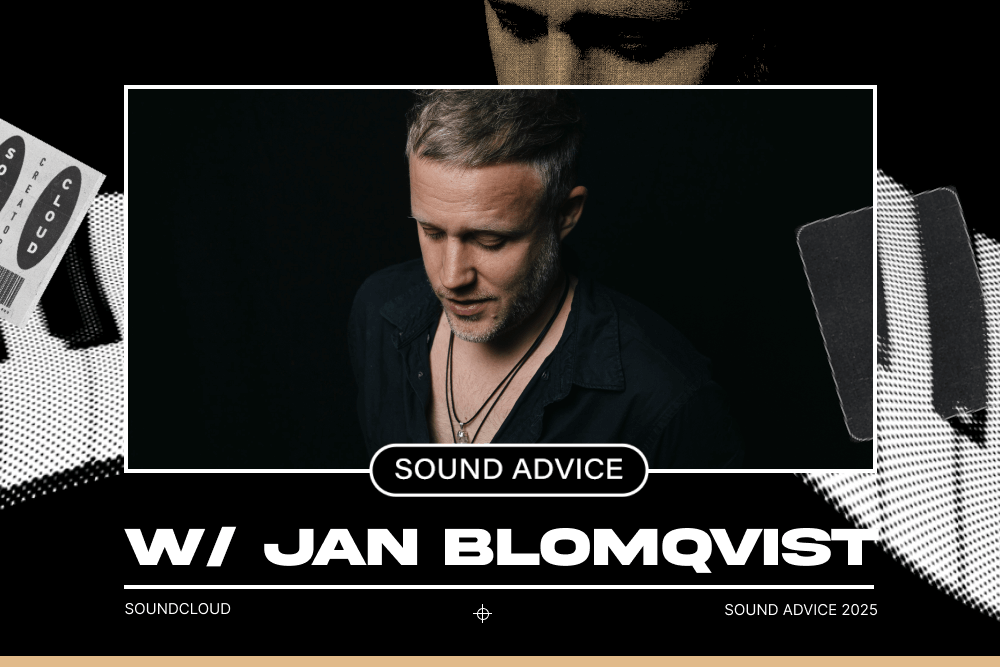
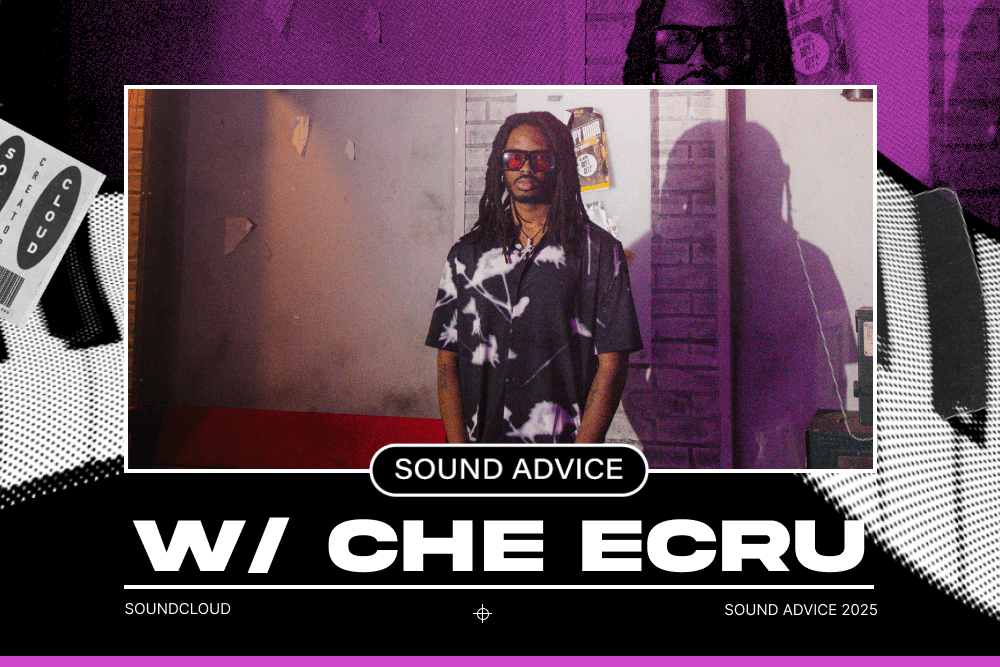
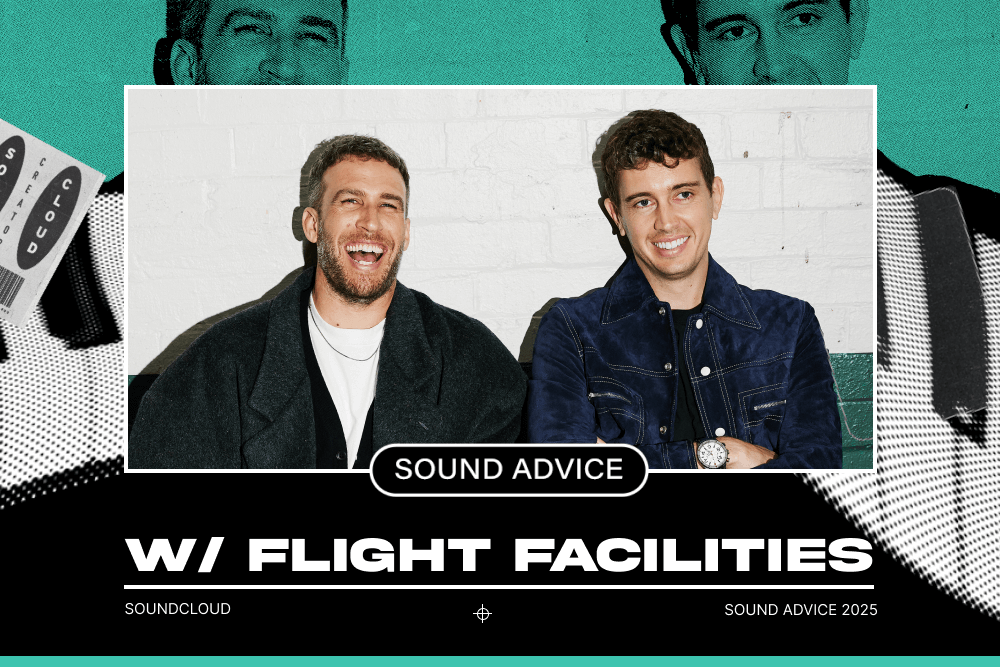




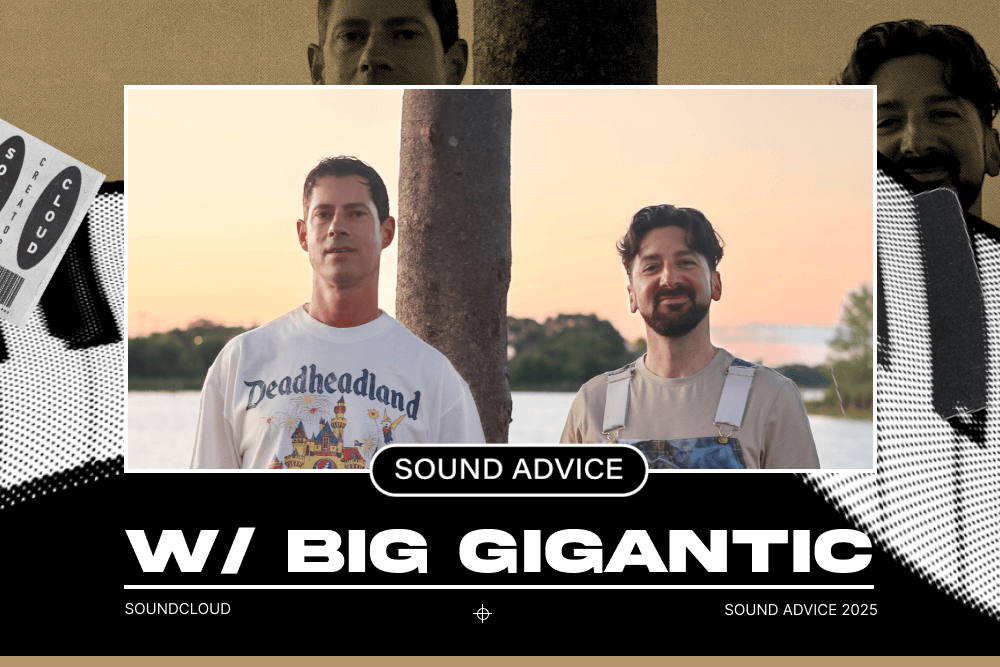


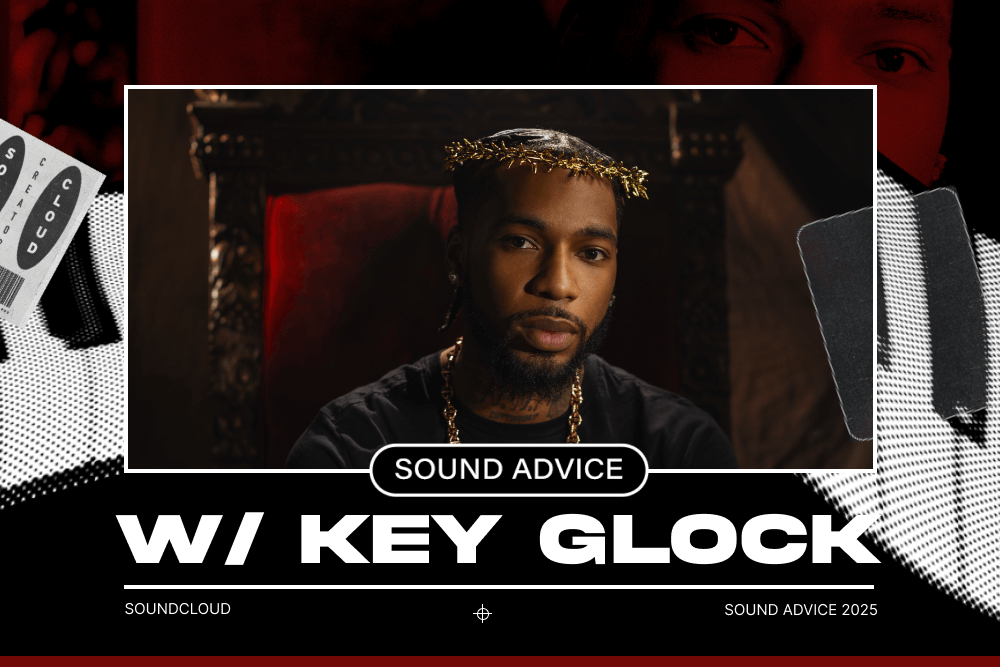



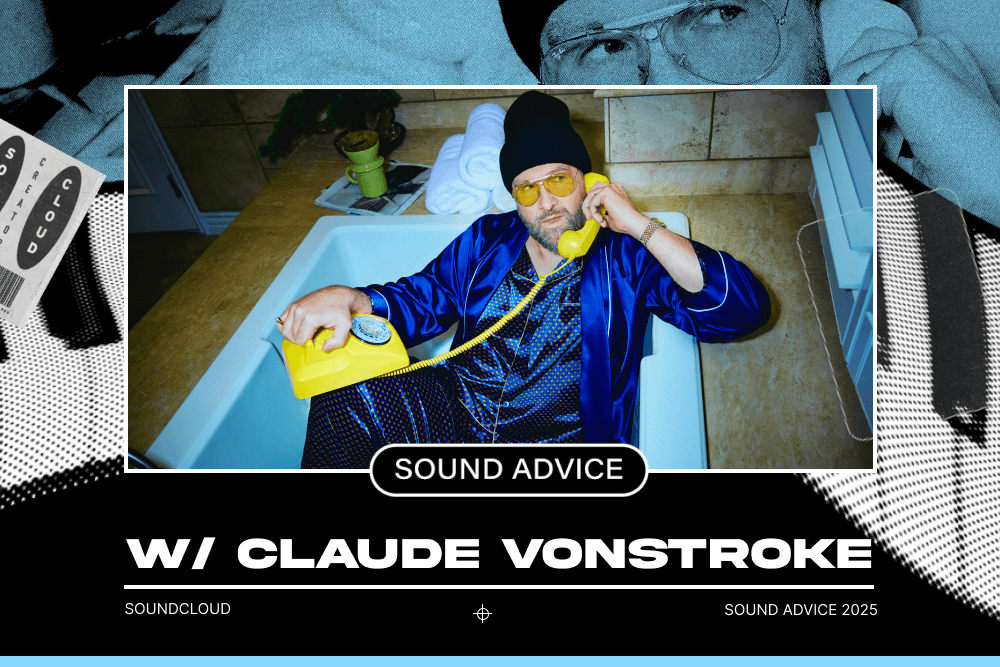
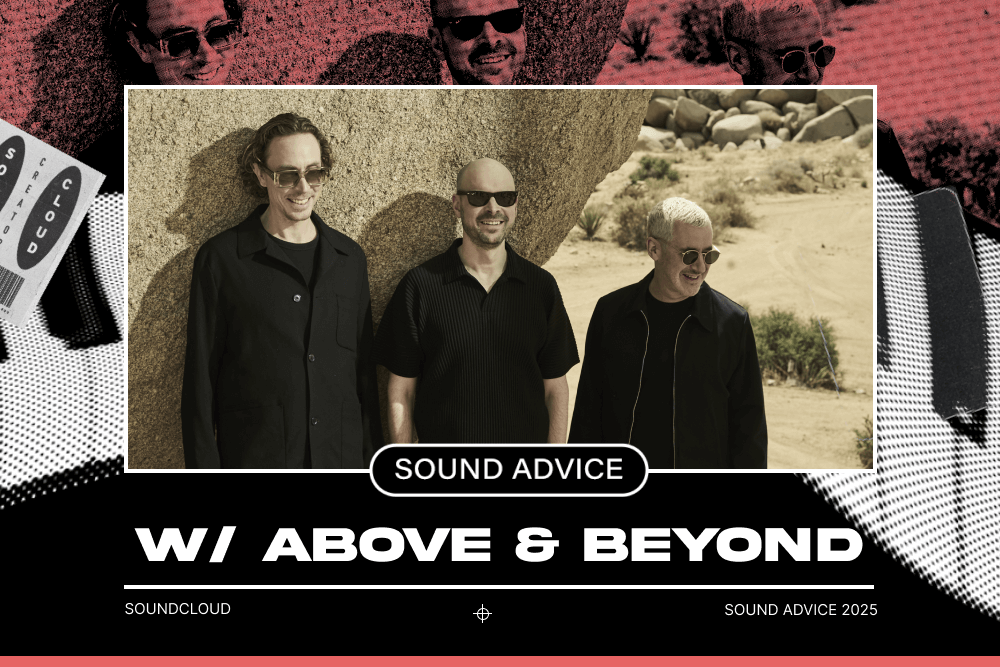




.png)

.png)

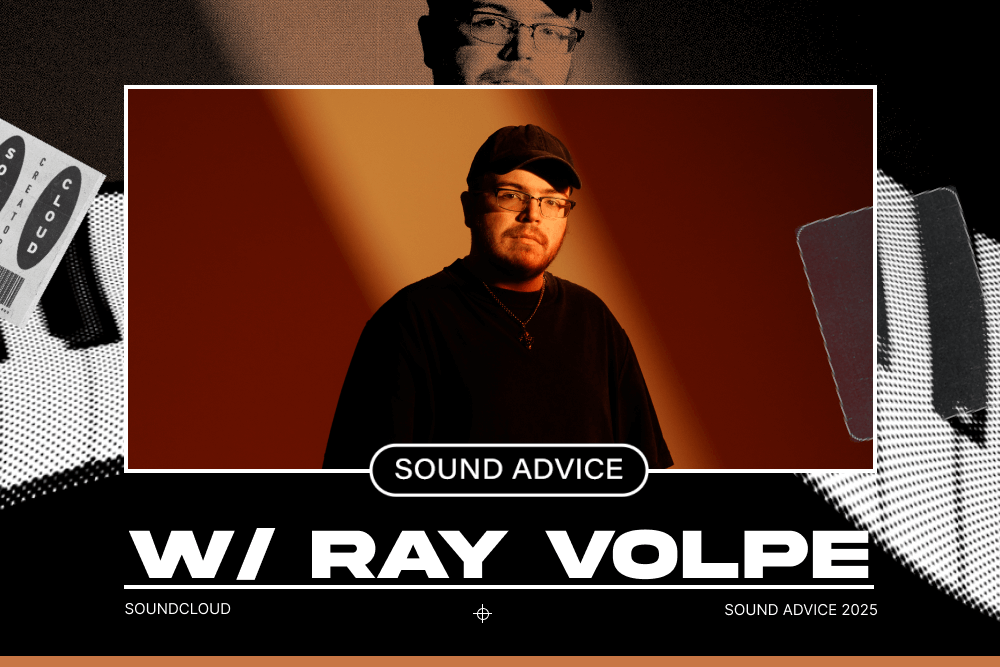

.png)



